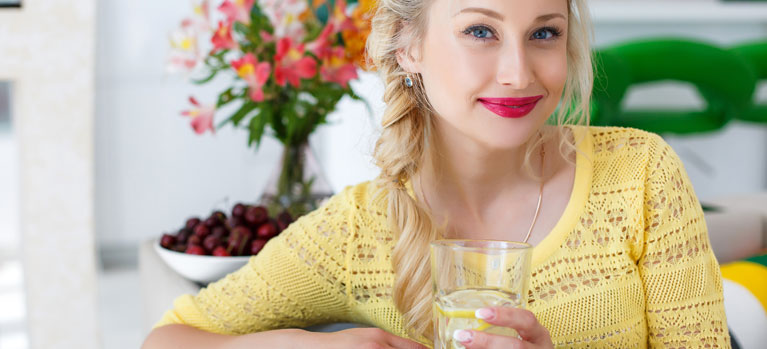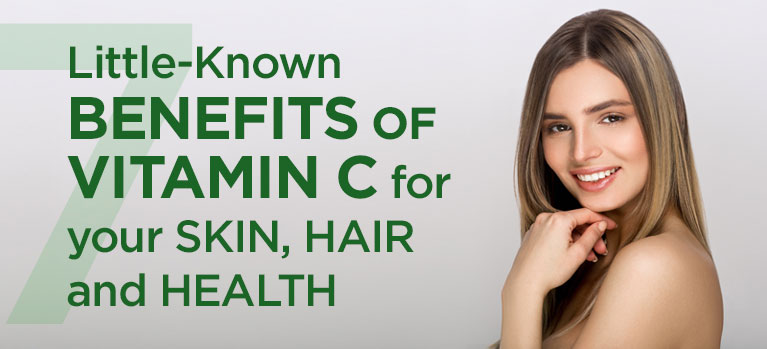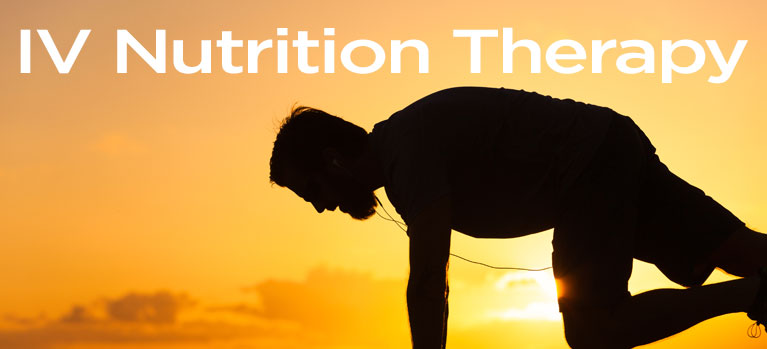Lemon water right at the start of the day is not only refreshing, it gives you an immediate boost of energy that can improve your mood in one quick easy step while you are being hydrated. Today, we are giving you 8 reasons why you should drink lemon water daily!
Start the Day…
Drinking lemon water first thing at the start of each day is an easy routine to get into that can improve your overall health in a very positive way. Not only is it refreshing but it jumps starts digestion and your body’s natural detoxification process, add to that lemons are loaded with iron, calcium, vitamins C and B, enzymes, potassium, magnesium, fibers, and antioxidants, which may help build up your resistance to aliments, sickness, and disease. It’s a win win refreshment with seemingly endless benefits in a simple daily routine.
Replace Caffeine?
Lemon water right at the start of the day is not only refreshing, it gives you an immediate boost of energy that can improve your mood in one quick easy step while you are being hydrated. The importance of staying properly hydrated can not be stated enough. Water is always best, but many people find it too bland, adding lemons adds some zest to it that is enjoyable which may help you also kick the caffeine habit.
Lemon Water for Immunity
Lemon water can boost your immune system as it is high in vitamin C which fights cold and flu by strengthening the immune system, and helps improve the body’s ability to absorb more iron from the foods consumed which is an important nutrient. Lemons also have antiviral and antibacterial properties that aid in fighting off colds and flu, which also soothe a sore throat.
Lemon Water for GI Tract
Lemon juice has a similar structure to the juices that are found in you stomach that helps to loosen and flush out toxins from in the digestive tract. It also helps to hydrate your colon, stimulate bile production, infuses water into stool, and aides your bowels moving in the morning. It can help to ease bloating, heartburn, and indigestion. Lemons help to flush your system and stimulate your liver to produce more enzymes and make them work more efficiently. Lemon juice works as a diuretic to keep your urinary tract toxin free and change PH levels which decreases bacterial growth.
Lemon Water for Healthy Skin
Lemons are a very rich source of antioxidants that promote healthy skin by help to restrict free radical damage that is responsible for the premature aging of your skin. The vitamin C helps rejuvenate and maintain skin’s elasticity to help prevent the formation of wrinkles and decreases blemishes.
Lemon Water Reduces Inflammation
Lemons have the ability to reduce inflammation by removing uric acid from your joints. With its sour taste lemons are one of the most alkalizing foods known that alkalize the body. Build ups of uric acid is one of the known major cause of inflammation. Too many acids in the body not only causes inflammation, but it can also cause obesity, major diseases like cancer, Alzheimer’s, and diabetes.
Lemon Water for Weight Loss
Drinking lemon water can help you achieve faster, long term weight loss goals when added to your routine. It helps boost your metabolism, fight hunger cravings, and gives you a full feeling making you less prone to snack between meals.
Lemon Water for Emotional Health
Lemon water can give you a boost to help fight stress and depression, it creates more focus and mental clarity as it contains high levels of magnesium and potassium which are beneficial on our nerve health and brain.
Source: Natural News


















